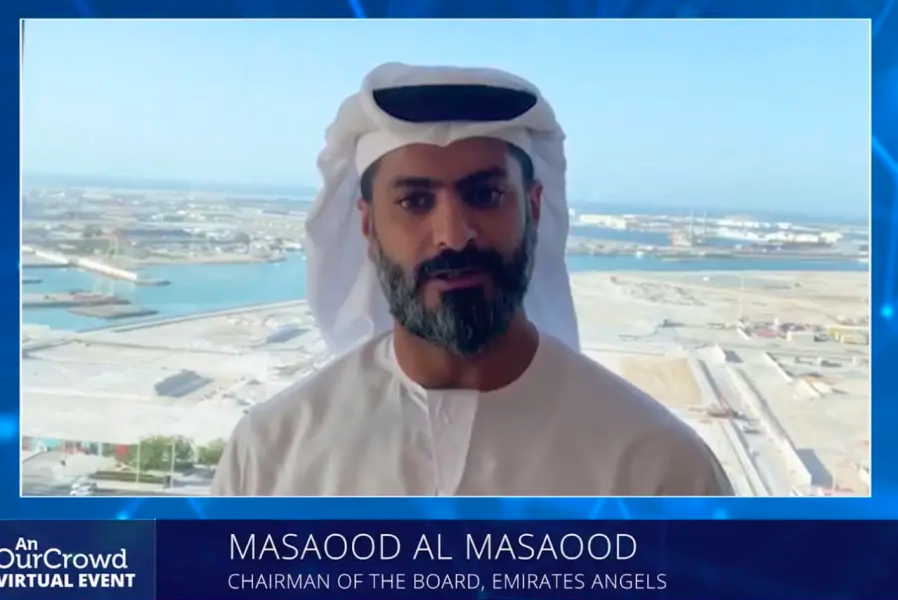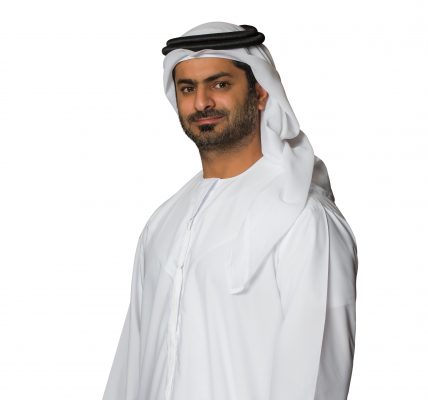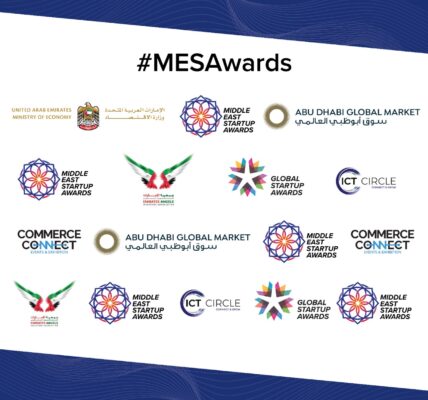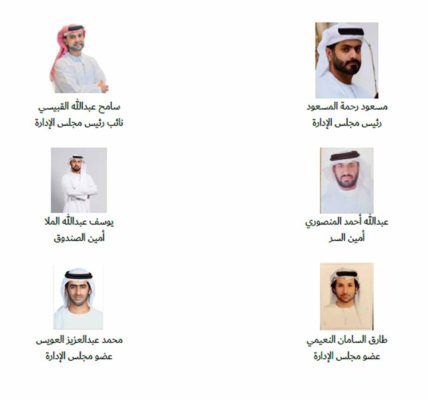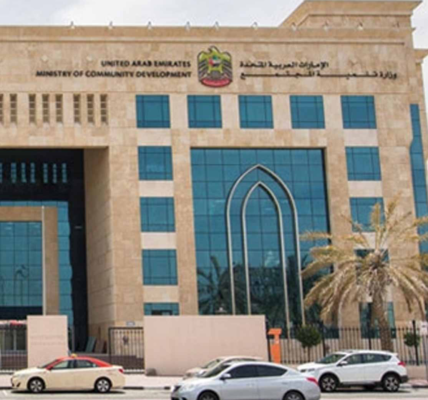UAE Angel investors introduced to the landscape of Israeli innovation
With a greeting of Salam and Shalom, chairman of the Emirates Angels Investors Association Masaood Al Masaood greeted some of the top talents of the Start-Up Nation’s ecosystem
Chairman of the Emirates Angels Investors Association Masaood Al Masaood greeted some of the biggest talents in the Start-Up Nation’s ecosystem on Tuesday during a virtual introductory panel by saying that his goal is to “build a powerful engine of economic and cultural exchange.”
“Peace be upon you,” he said, “Salam, Shalom.”
In an interview with The Jerusalem Post, vice-chairman of the Emirate Angel Investors Association Sameh Al Qubaisi said that despite the dogmas all those raised in the Middle East were exposed to while growing up, now is the time to see how many things we share in common.
He noted that both Israel and the UAE invest a lot in innovative health care and pointed to how this is a great source of medical tourism to his country from “all over the world.” Noting the UAE has several sovereign wealth funds, he stressed that health is not only a sector they invest in but also where “best practices” are offered. “We want to become a hub of medical tourism in the Middle East,” he said, “open for everybody.”
Organized by OurCrowd, the event was attended by Diagnostic Robotics chairwoman Kira Radinsky and Head, Advanced Technologies, Global Supply Chain, Johnson and Johnson Neil Ackerman, among others.
Noting that both the UAE and Bahrain are “true leaders” when the topics being discussed are smart cities, healthcare, transportation and shipping, OurCrowd CEO Jon Medved noted that “in these areas, we don’t look to lead, we look to learn” from possible new partners – now made possible thanks to the recently signed Abraham Accords.
Noting that “our [Israeli] companies are making the news in AI, ag-tech and fintech” Medved mentioned companies like BioCatch, which offers anti-fraud protection based on how one holds a phone and the innovative anti-tumor treatment being offered by AlphaTau Medical.
Discussing the wide-reaching impact of the COVID-19 pandemic, he explained that Israeli companies are on the frontline of fighting the virus as well as keeping “the New Normal.”
Participants used the chat option in the virtual panel to offer different services. From a US law firm with a presence in both Israel and the UAE to companies offering cybersecurity products protecting digital assets – and ending with business deals involving Dubai and North African markets.
OurCrowd director of business development Yakir Machluf addressed the issue of the autonomous car. He told the audience that the key isn’t just reaching the end result, a level-5 fully autonomous car, but how to ease the move into level 3 and 4 on the way there.
He added that there is now a “new trend of people moving away from public transport and returning to using their own cars” due to COVID-19.
When asked about the future of aviation, he jokingly asked, “when was your last flight?” He said that his last flight was in January.
Machluf told the audience about the concept of a future “bio-safe flight,” where services would ensure that the airport, planes and passengers will be germ-free to the largest extent possible to reduce risks.
He lauded the good record Dubai has in transportation, mentioning its success in reducing traffic accidents, a topic Israel had been dealing with for years.
Cybersecurity expert for OurCrowd Ron Moritz said that “Israel became a shopping mall for anyone looking for cyber-security solutions.” As more and more of the world’s commerce is done online, better protection is sought to ensure client safety and that bank accounts are defended from hacking.
Noting that, during pandemics, the demand for virtual health information services surges and more people need to see their medical doctor, Radinsky explained technology could be used to save the time of medical doctors.
Technology is meant to automatize record keeping and data collecting, giving the doctors more time to care for their patients, she said.
“People can become just numbers for the doctors,” Radinsky said. “Technology can help gather information about the patient’s social situation or diet. Algorithms that attempt to save cost can have the negative side effect of targeting minority groups,” she said, adding that “we introduce means to offset this bias.”
“These cultures [Israeli and UAE] are not afraid of failure and they know their customers,” Ackerman told the audience while discussing tech solutions. He claimed clients want a fair price, options and simplicity.
He suggested that “friction equals failure” – and that the only way forward is to cooperate.

